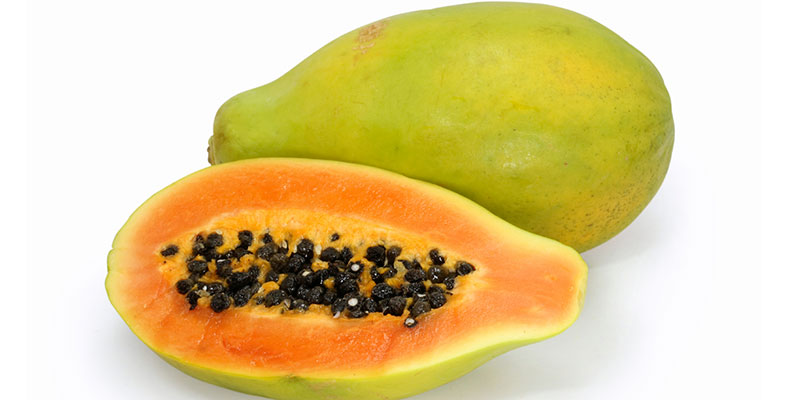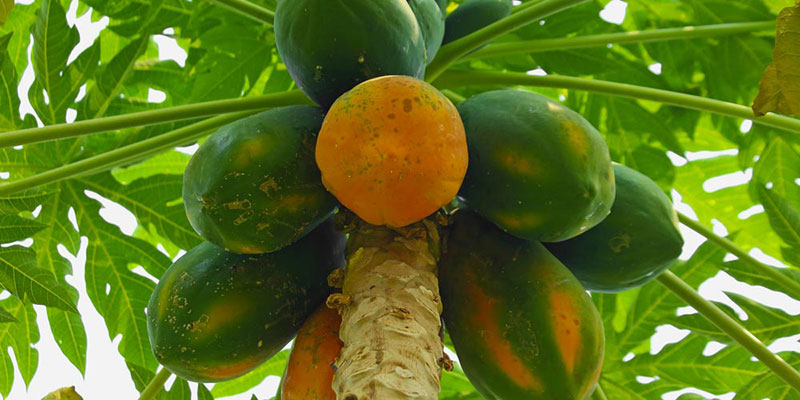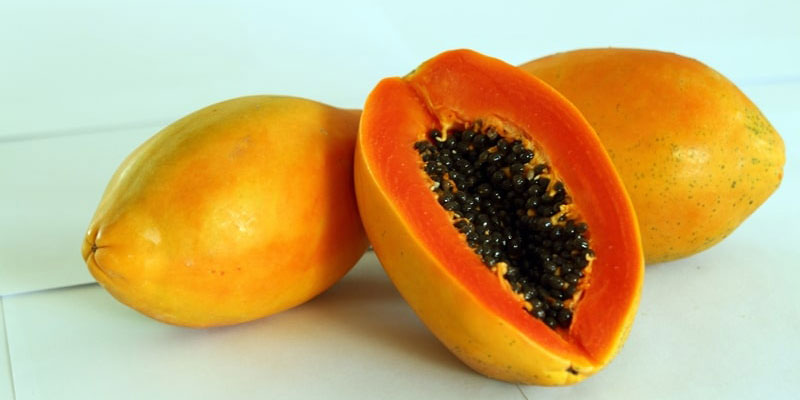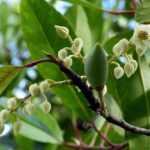Why You Need to Be Careful When Choosing Papaya
Papaya is a fruit that is packed with vitamins and minerals that are beneficial to our health. It contains carotenoids, vitamins A, B, and C (with twice the amount of vitamin C as oranges), and minerals. This tropical fruit is not only refreshing but also provides our body with antioxidants and aids in digestion.
Additionally, papaya has skin-enhancing properties and is known to promote youthful-looking skin. Many people are fond of this fruit due to its sweet taste and the plethora of health benefits it offers.

However, it is important to exercise caution when purchasing papaya, as many vendors resort to using chemicals to artificially ripen the fruit. Consuming papaya that has been treated with these chemicals can pose serious health risks and may even lead to cancer if ingested in large quantities.
Papaya that has been artificially ripened often lacks the natural sweetness and flavor of organically ripened fruit. Therefore, it is crucial to be vigilant when selecting papaya to ensure that you are getting a delicious and safe treat.
Tips for Choosing Fresh and Naturally Ripened Papaya
Examine the Stem: The stem of a chemically ripened papaya will remain green, even when the fruit appears to be fully ripe. Look for a papaya with a yellow stem, indicating natural ripening.

Shape: Opt for a longer papaya that feels heavy for its size, with a sticky stem. These tend to be sweeter, less seedy, and have thicker flesh. Larger, rounder papayas with dry stems are likely chemically ripened and will have more seeds and less flesh.
Color: Naturally ripened papayas often don’t have an even color. One side may be more ripe due to sun exposure, and you might see a thin layer of white mold. Occasionally, you may also spot some black dots or small indentations on the surface. Avoid papayas with shiny, hard skin, even if they are yellow.

Smell: Ripe papayas have a pleasant, mild fragrance and taste sweeter. If the papaya has a strong, pungent, or unpleasant odor, it has likely been treated with chemicals, and you should avoid purchasing it.
Touch: Gently press the surface of the papaya. If it feels soft and yields to gentle pressure, it is likely naturally ripened. If the papaya feels firm and the skin doesn’t dent, it has probably been chemically ripened.

For further assurance, cut the papaya in half. Naturally ripened papaya will have a soft, fragrant flesh with a slight give, and the seeds will be easily scooped out. Chemically ripened papaya will have tough, bitter flesh and the seeds will be difficult to remove.




































